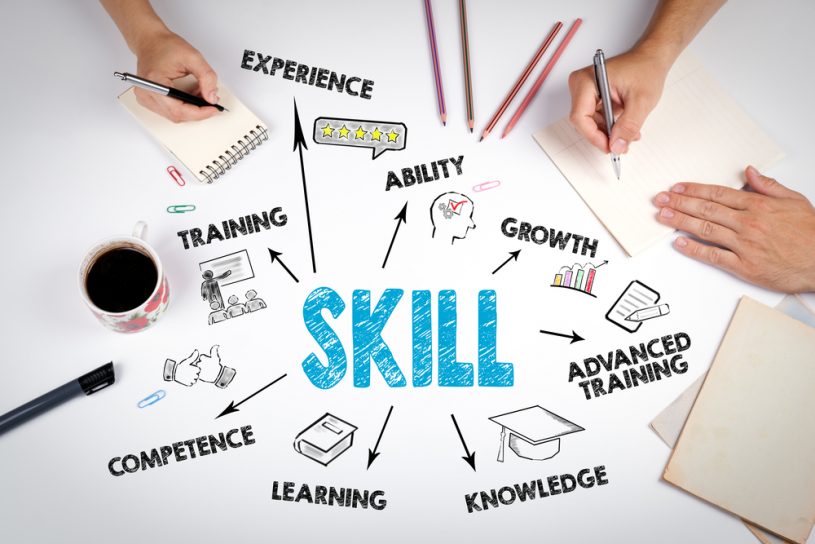Have you taken the time to branch out and network with other professionals? Sometimes we find networking to be awkward and uncomfortable, so we tend to shy away from meeting new people.
But…it’s part of the job.
It’s expected to happen; to meet new people and know more about the market, business, and industry. On the job, we have to be able to connect and communicate with others whether they are colleagues, managers, supervisors, or other professionals in different departments. Networking with people helps you build a knowledge source of professionals with experience and expertise.
So, what’s the importance of networking?
It allows you to build and gain insight into the market and also opportunities. We’ve compiled a list of the importance of networking and why you should be active.
Advantageous to Job Searching
- Part of the job search – most job positions are filled through word of mouth rather than employment advertisement.
- Finding opportunities – lending or willing to help others within your professional network can open new opportunities. Lend others a hand, and they can lend you theirs when you need it.
Beneficial to Career Advancement
- Have access to a hidden job market – also known as the informal job market. Before a job position goes public through employment advertisement, your network can provide you with informal opportunities others don’t have access to immediately.
- Staying visible – whether you have the job or not, staying visible is essential and a skill you want to master. Visibility helps you gain opportunities and stand out from the rest because people know who you are. These opportunities can come in the form of new positions or meet new people who are influential and can help advance your career.
Building Professional Relationships
- Developing connections – building relationships and connections with others in the company gives you understanding, insight, and knowledge of others and the different areas of the business. It makes it easier to collaborate and support one another to achieve and succeed together.
- Building a foundation – a common factor in connecting and developing relationships is, others within your network have to “know, like, and trust you.” Why? This basic foundation in your connections allows you to gain access to career advancement opportunities, recommendations, guidance to the desired career, and the potential of meeting other professionals.
Source of Knowledge
- Knowledge is shared – through your network you have a source of knowledge and expertise from others experiences. They can offer you a range of perspectives, wisdom, and insights on a specific area of a business or industry.
- Provide guidance – your network can provide you with assistance and advice in your career. It can become a professional asset if you nourish your relationships.
- Exchange of Ideas and Opinions – building a network of professionals within the same business, market, or industry allows you the ability to exchange ideas and opinions about it and to discuss current issues and solutions. It becomes a place where you can ask for help, ask questions, and get to acquire more knowledge and insight.
Networking is part of our every day and is a critical part of our careers. The people we meet and build professional relationships can always lead us to new opportunities in our jobs where they didn’t exist before. The more you broaden your network, the more insights you get and potential opportunities that are offered to you. Networking doesn’t take place in the workplace but anywhere, even when you volunteer your time and service.
Grow your pool of professional experts within your business, market or industry; you never know where your network can lead you to.













